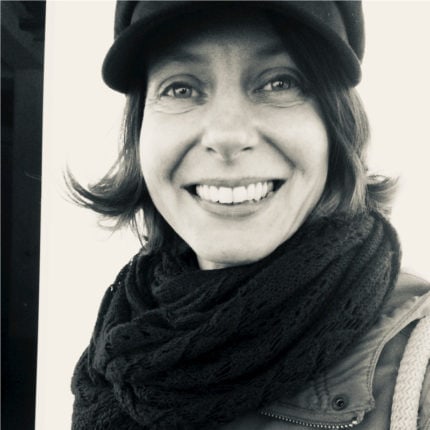Undertaking a PhD or a sustained piece of research can be a frustrating, arduous and isolating process.
Our early-stage researchers are working towards solutions to some of society’s greatest future challenges, from global warming to life-threatening diseases, and yet many do not receive the support they need to thrive during, or following their fellowships.
From concordat to action
This has been recognised by employers, universities and research councils in the recently relaunched Concordat to Support the Career Development of Researchers, The updated agreement sets out a blueprint for improving researchers’ environment, employment prospects and career and professional development opportunities.
The question now is how to achieve this welcome shift in approach and attitude, particularly within a sector that has faced real-term cuts to funding, and where doctoral funding continues to be concentrated among a small group of so-called “research-intensive universities”. I believe that together with our members, University Alliance may have found a solution, whilst also enabling wider access to doctoral research, through our Doctoral Training Alliance (DTA).
The DTA is the widest reaching national multi-partner doctoral training programme. In four years, over 200 researchers have studied with us, across 20 of the UK’s leading technical and professional universities, in three key areas, Energy, Social Policy and Applied Biosciences for Health. The programme has been designed to overcome many of the challenges experienced within a traditional PHD. Students are supported by a multi-institution network, with access to professional guidance beyond their institution, and also an expansive and collaborative personal support network.
Making a lonely process less lonely
Because undertaking a PhD can be a lonely process, within the DTA, researchers are part of a diverse cohort, which stretches across disciplines and across the UK. The group are regularly brought together at annual summer schools and frequent training electives, meaning they are able to bond, share experiences and make friends for life. They also benefit from the facilities and expertise of not just their own universities but across each of the twenty programme members.
This is hugely important to our fellows. Robert Seaborne who undertook his PhD in Health, Sport and Exercise Science at Liverpool John Moores University said:
I think the best benefit from DTA, has been the wide, varied and accessible contacts I have made from the programme. These have helped me I think hugely, from small bits of advice on research from fellow students, through to advice from Professors and Vice Chancellors
. In providing these opportunities to network, we have responded to the requirements of the concordat by creating a supportive environment that also fosters resilience in our researchers. Another of our fellows, Louisa Malgram, evidenced this when she said:
By sharing experiences with other students in similar situations I gained the tools to better cope with failures and successes relating to my PhD.
Wider employment
Another focus of the Concordat agreement is to improve the employment and development prospects for researchers. This is where the DTA really offers a PhD with a difference. As well as financial, academic and peer support, the DTA offers a range of training electives, providing researchers with the skills they need to succeed during their PhD and in their careers beyond. It is clear that this approach has been successful, as nearly 90 per cent of our alumni have submitted and are in employment within three and a half years of commencing their PhD.
Furthermore, because our training electives are co-developed with academics and industry professionals, they are not just targeted toward careers in academia but aim to help fellows apply their research in a range of sectors. This focus on applied research is a core principle of the DTA. It is not just about research for an academic audience, but bringing together academia and industry, finding real-world solutions to future problems.
Our emphasis on applied research, the technical expertise of our universities and the training and support we offer, have also helped us widen the reach of the programme and attract a different type of researcher. Many have backgrounds in industry and are keen to delve into an area they encountered in their work, in more detail. Through DTA3, which extended the programme with a €6.5 million grant from the Marie-Skłdowska Curie Action fund, we have opened the doors to more international researchers. Our DTA3 fellows come from more than twenty different countries and, bucking the national trend, where 52% of researchers are male, 56% of DTA3 researchers are female. As we are currently recruiting our newest round of researchers, I hope that this trend toward diversity is only set to continue.
The Researcher Development Concordat aims to create more inclusive, more supportive environments for early-stage researchers. As universities look to implement this, there are lessons to be learnt from our approach at University Alliance. Instituting this programme across the membership has allowed us to attract different types of researchers, to provide greater support with a countrywide network of peers and academics and to better prepare researchers for their subsequent careers through high-quality training and links with industry. If we want to improve the lot of early-career researchers in the UK, we need to work together, as Alliance Universities have done through the DTA. In doing so, universities can become more than the sum of their parts.
Applications are currently open for international PhD researchers through DTA3 (call closes 14th October 2019). See the programme website for more information and to apply. This project has received funding from the European Union’s Horizon 2020 research and innovation programme under the Marie Skłodowska-Curie grant agreement No 801604.













